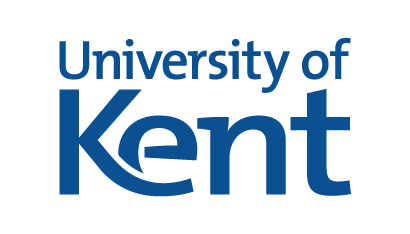Freedom of Movement, Refugees, Traffickers, and Smugglers
Posted 3 years 1 month ago by The University of Kent
Discover the laws that govern human migration
Where we are born and the borders we’re allowed to cross is a matter of chance. Some people are free to move almost anywhere in the world because of their nationality, while others are in very different situations.
On this course, you’ll examine the complex network of laws and policies that inform human migration in the 21st Century and explore the significant tension between international legal obligations and national sovereignty.
Examine the right to freedom of movement
With tensions between the right to freedom of movement and the sovereign right to control borders, you’ll explore the human right to leave any country and what’s left of it when states strengthen their borders and deter people from arriving in, or leaving, their territories.
You’ll then look at the Refugee Convention, identifying what constitutes a refugee and the protections it provides refugees. With this in mind, you’ll consider the Convention’s overall strengths and weaknesses, especially as it relates to 21st Century migration.
Explore the consequences of deterritorialisation
Today, border controls of the state of destination are often implemented inside the state of origin or on the high seas, far from the borders of destination states. This deterritorialisation prevents travellers from leaving their own country, let alone reaching the border of the country of destination.
Analyse trafficking and smuggling protocols
On this course, you’ll examine the ways in which the anti-trafficking and the anti-smuggling treaties serve to further strengthen border controls and increase the vulnerability of migrants fleeing violence and persecution etc.
This course has been designed for anyone looking to develop a critical understanding of migration laws. It will be of specific interest to people working for national and international governmental and non-governmental organisations involved in the field of migration, and also lawyers wanting to deepen their knowledge base.
If you want to further your knowledge, you may be interested in these courses from the same provider. They share a related subject matter and the same overall learning outcomes:
This course has been designed for anyone looking to develop a critical understanding of migration laws. It will be of specific interest to people working for national and international governmental and non-governmental organisations involved in the field of migration, and also lawyers wanting to deepen their knowledge base.
If you want to further your knowledge, you may be interested in these courses from the same provider. They share a related subject matter and the same overall learning outcomes:
- Identify the role(s) that borders have in the generation of modern forms and means of flight
- Evaluate some of the shortcomings of the Refugee Convention 1951
- Explore the right to freedom of movement in the context of modern migration patterns
- Evaluate the UN anti-smuggling and anti-trafficking regimes and their impact on migrants and migration
The University of Kent - Latest Courses
The Imperial Forces on the Western Front: A Comprehensive Study
- 4 weeks
- Online
A Deeper Understanding of Autistic People
- 4 weeks
- Online
Autistic Students and Education: Creating an Inclusive Classroom
- 4 weeks
- Online
Autistic Health: Improving Access to Healthcare
- 4 weeks
- Online
Autistic People's Rights and the Law
- 4 weeks
- Online

